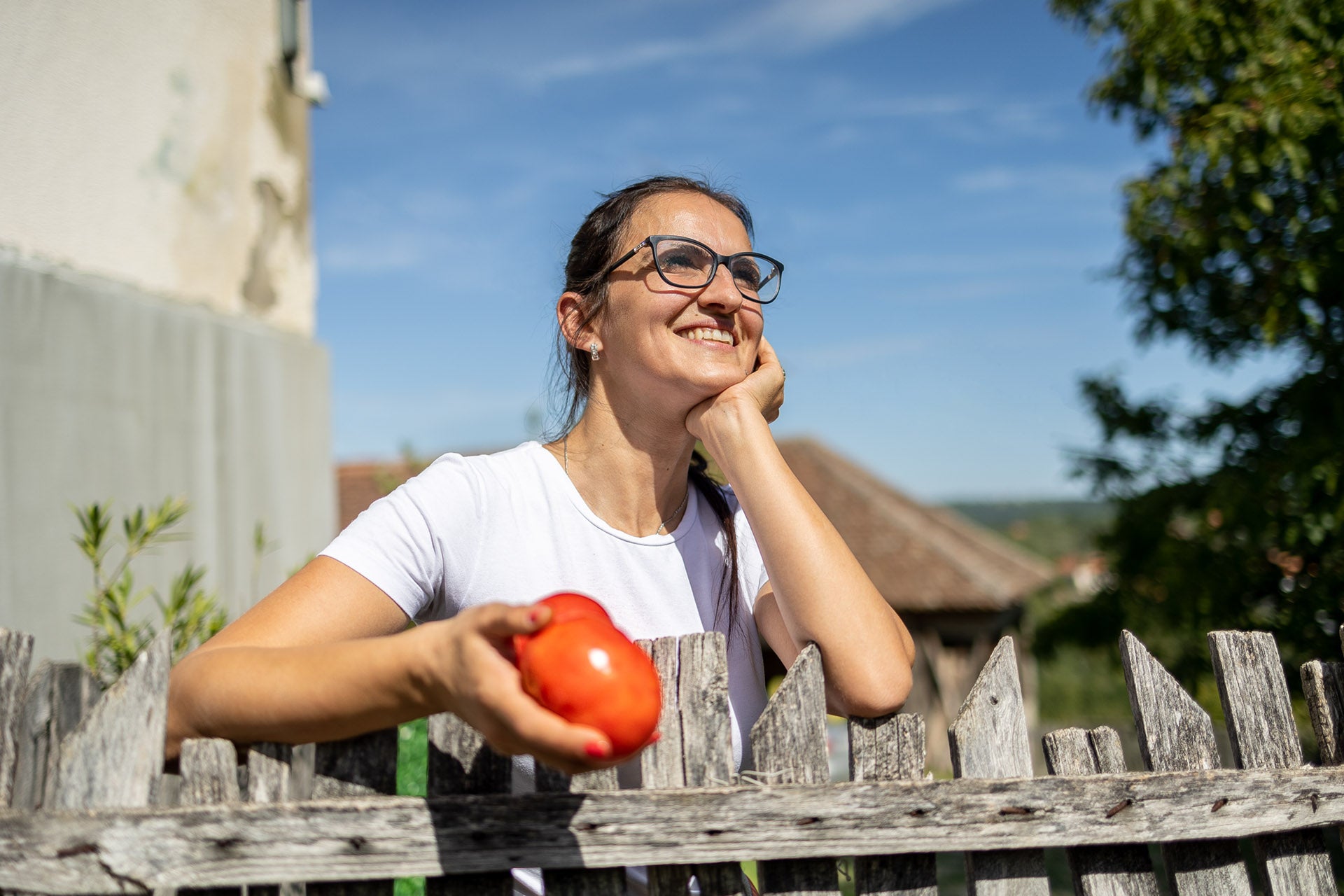Prioritizing women’s needs through local gender-responsive budgeting in Serbia
Date:

To ensure that policies and their accompanied budgets do not perpetuate gender inequalities but contribute to a more equal society for all individuals, local self-governments in Serbia are progressively introducing gender-responsive budgeting (GRB) as a tool to meet the needs of women and improve social and economic well-being.
UN Women has been working closely with Serbia’s Ministry of Finance, the Coordination Body for Gender Equality, the Provincial Secretariat of Finance and cities and municipalities to introduce GRB since 2015. Serbia has been recognized as one of only six European countries that has successfully implemented this reform of public finances and established a system for monitoring investments in gender equality, as per the Sustainable Development Goal (SDG) 5c1 indicator requirements.
Over the course of 2022 and under a project funded by the Swedish International Development Cooperation Agency (Sida), UN Women supported eleven cities and municipalities across Serbia – namely, Krusevac, Kragujevac, Cacak, Arandjelovac, Nis - Crveni Krst, Belgrade - Zvezdara, Razanj, Aleksinac, and Ljig – to become better equipped to introduce GRB in their annual budgets for 2023.
Gender analyses of various budgets conducted by UN Women in partnership with municipalities pointed out the key challenges and opportunities that women and girls face when it comes to accessing funding for social and child protection, environmental protection, sports and youth, tourism, agriculture and local economic development and health protection, and those will be addressed through local budgets.
Thanks to GRB, the Municipality of Arandjelovac allocated funding from its Council for Gender Equality, which enabled the creation of its first local women's association (Orasac) in 2021.
“One woman alone can do a lot, but when women unite, they can incomparably do more,” says member of the Women’s Association “Orasac” Sanja Jaranovic about why there was a great need for women to unite.
“During the coronavirus pandemic, given that everything stopped and I lost my job, I immediately started doing what I know best – producing ajvar [a condiment made principally from sweet bell peppers and eggplants], slatko [thin fruit preserve], jams and raw tomato juice,” she says. “Since I don’t have all the plants in my garden, I connected with women who produce tomatoes, peppers and other things I need, so I could buy them from them. We have good cooperation and that is most important.”
She adds that the municipality has also provided machines and tools for women farmers and entrepreneurs, which assists them in their daily work, and significantly improves the quality of production. As an association, “Orasac” has also attended various events in Serbia to meet other women’s associations and exchange experiences.
The municipality of Arandjelovac has introduced GRB in 4 out of its 17 budget programmes, while two more are included in the 2023 budget.
Jovan Aksentijevic, Secretary of the Council for Gender Equality and the GRB Working Group says that this may not be the fastest pace of GRB implementation, but the depth they are achieving is more important for them right now.
“The greatest potential of GRB is that it brings benefits for both parties: budget creators – because GRB yields a better and clearer analysis of income, expenses, fulfilment of goals, budget performance and a general justification of expenses – and citizens, because through GRB we directly respond to their most important needs in particular domains, like agriculture and social protection, for example,” he says, adding that it is only with tools such as GRB that the municipality can accurately assess the needs of all citizens, including vulnerable groups that need additional support in order to meet their needs, due to social inequalities.
UN Women is further supporting the implementation and institutionalization of GRB under the Sida-funded regional programme “Transformative Financing for Gender Equality: towards more Transparent, Inclusive and Accountable Governance in the Western Balkans.”
According to Olja Jankovic Lekovic, UN Women GRB Programme Coordinator: “We are working towards closing gender gaps in various areas through synchronized and coordinated GRB implementation by different stakeholders, tapping into GRB’s full potential. These areas include closing gender gaps in the economic position of rural women, or the synchronized application of climate financing and GRB to secure gender-responsive responses to climate change, for example.”
Jankovic Lekovic says that although great results have been achieved already, UN Women continues to improve and expand GRB implementation at all governmental levels by working with numerous partners.